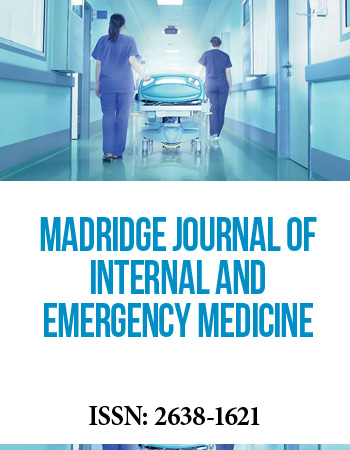International Translational and Regenerative Medicine Conference
April 25-27, 2018 | Rome, Italy
Treatment of Diabetes and Obesity with CRISPR-Mediated Genome Editing in Epidermal Progenitor Cells
1Ben May Department for Cancer Research, University of Chicago, USA
2Division of Endocrinology, Diabetes and Metabolism, University of Illinois, USA
Somatic gene therapy with current genome editing technology provides a promising therapeutic approach for treatment of a variety of otherwise terminal or severely disabling diseases. The human skin is a tempting target for genetic engineering as it is the biggest and most accessible organ in our body. Moreover, skin epidermal stem/progenitor cells are easy to obtain and expand in vitro, and extraordinary advances have been made in the development of epidermal autograft or tissue-engineered skin equivalents for permanent skin regeneration in clinics. In this report, by combining CRISPR-mediated genome editing with epidermal progenitor cell platform, we develop skin graft with controllable release of GLP1 (glucagon-like peptide-1), a critical incretin that regulates blood glucose homeostasis, and demonstrate its therapeutic effect in vivo by reducing glycemic excursions in diet-induced obese and diabetic mice. Taken together, our study lays the essential groundwork for development of long-lasting and safe gene therapy approach for combating obesity and diabetes, and unravels the clinical potential for genome editing in skin epidermal progenitor cells.
Biography:
Dr. Xiaoyang Wu received his PhD in 2000-2006 from Cornell University. He was post doctorate fellow from Rockefeller University, in 2006-2011. From 2011-present, is working as an Assistant Professor at University of Chicago, USA.


